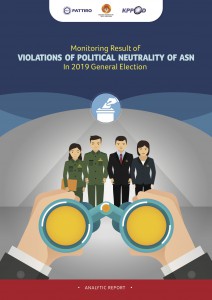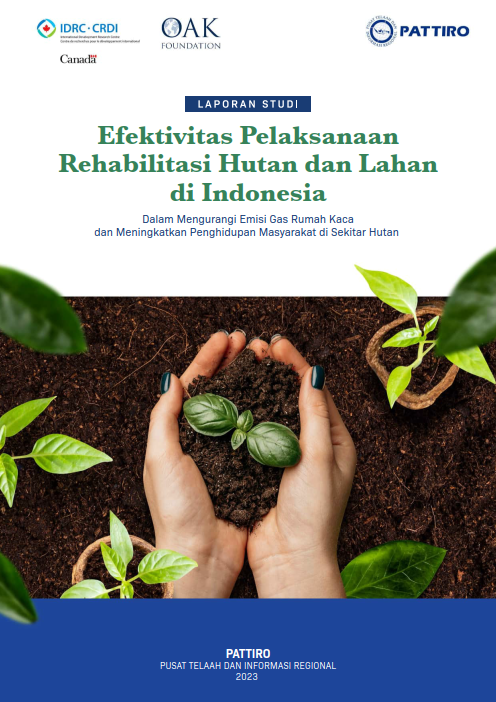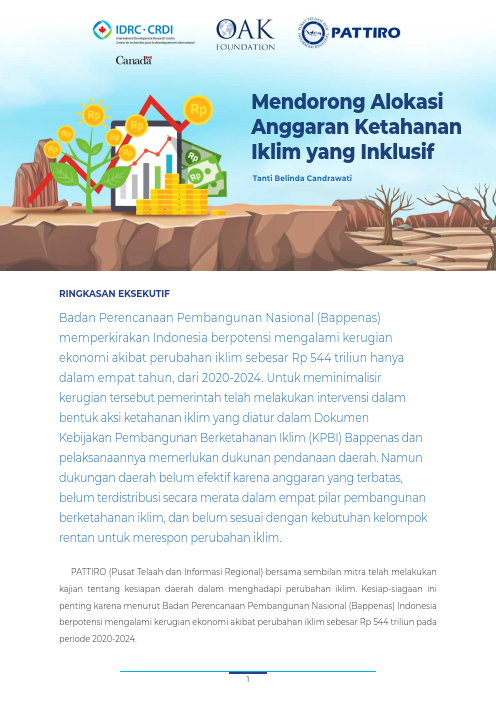 Based on the number of participants in the General Elections, Indonesia is the largest democracy in Southeast Asia, and the third largest in the world, after India and the United States.
Based on the number of participants in the General Elections, Indonesia is the largest democracy in Southeast Asia, and the third largest in the world, after India and the United States.
The large number of voters shows the public’s enthusiasm in determining government leaders: presidents and regional leaders, as well as electing their representatives in parliament both at the national and regional levels. In addition, the guarantee of freedom of voting is also a factor causing the high enthusiasm.
The guarantee of freedom of the people to participate in the General Election is regulated in the 1945 Constitution, as the state’s constitution. This is stated in Article 28D paragraph 3, which reads, “Every citizen has the right to have the same opportunity in governance”, and Article 28E paragraph 3, which reads, “Everyone has the right to freedom of association, assembly and expression.”
This constitutional guarantee is then further specified in legislation. Law Number 39 of 1999 concerning Human Rights, in Part Eight: Right to Participate in Government, especially Article 43 paragraph 1, states, “Every citizen has the right to be elected and to vote in elections, based on equality of rights through voting that is direct, universal, free, confidential, honest and fair in accordance with statutory provisions”. Whereas in paragraph 2, it is stated, “Every citizen has the right to participate in government directly or through the mediation of freely chosen representatives, in a manner prescribed in legislation”.
Meanwhile, Law Number 7 of 2017 concerning General Elections (Election Law) guarantees the right of citizens to vote, as stated in Article 198 paragraph 1 and paragraph 2, that "Indonesian citizens who are on the day of voting are already 17 years old or more, have been married, or have already married, have the right to vote. The referred Indonesian citizen is registered 1 (one) time by the Election Organizer in the Voter List."
The Civil Servant (ASN), as part of Indonesian citizens, also has the right to vote. However, unlike other citizens, ASNs are prohibited from publicly indicating a preference in their political choices, as a consequence of the principle of neutrality in the implementation of policies and management of ASN as stipulated in Law No. 5 of 2014 on ASN (ASN Law). Furthermore, the ASN Law states, “ASN employees must be free from the influence and intervention of all groups and political parties” (Article 9 paragraph 2). The neutrality of ASN in politics is part of the implementation of the ASN’s function as an adhesive and unifier of the nation. Thus, even though ASN has the right to vote, they must still uphold neutrality as mandated by the ASN Law.
[__wpdm_package id='13214']




